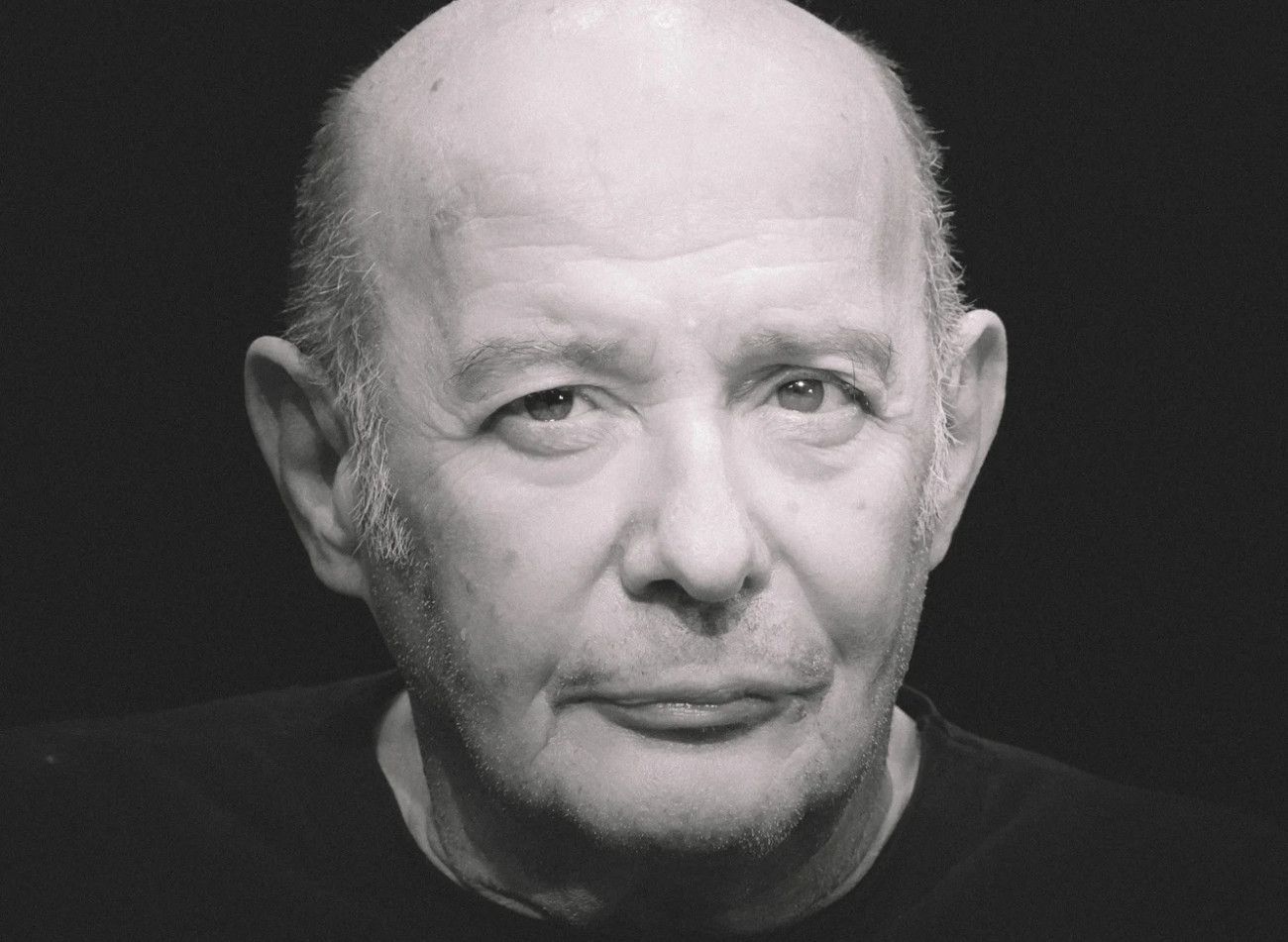Summer Day Genesis, Rituals and Celebration Traditions in different territories of Albania

Summer Day is a celebration with deep pagan roots, inherited for centuries by Albanians, as a symbol of renewal, fertility and the beginning of a new natural cycle. This holiday is celebrated on March 14, marking the overcoming winter in the prosperous spring. Its tradition bears the seal of the city of Elbasan, but the celebration of Summer Day extends to other Albanian territories, such as Dibra, Struga, Prespa and Lezha.
Origin and symbolism
This holiday is derived from a very ancient Illyrian-Albanian calendar, according to which March 1 of the Julian calendar, or March 14, according to the Gregorian calendar, marked the first day of the New Year. It was celebrated as a celebration of nature, honoring the awakening of life after the winter cold and the resurrection of nature.
In antiquity, the ancient Greeks and Romans dedicated special rites to the gods of nature and fertility, such as Dionysus and Floras. The Illyrians celebrated the Summer Day as a moment of renewal and affinity with God Diana Candieviensis, the Goddess of Hunting and Fertility, lighting ritual fires and developing magical rites for land clearing and disease.
Traditions and rituals
Elbasan and Balloon
The heart of Summer Day remains Elbasan, the city where this holiday is preserved with all the greatness. One of its main symbols is the balloon, a traditional dessert prepared with corn flour, eggs, fresh butter and sugar. According to tradition, the balloon is a symbol of the light and warmth of spring, and is served to bring prosperity to the family.
One habit preserved to this day is to get a bunch of rooted and, and, and on the door of the door, as a symbol of fertility and resurrection of nature.
Summer Day in Lezha
In Lezha, this holiday was accompanied by the ignition of the great fires, which had purifying and symbolic function, to expel evil spirits and negative energies. Women performed magic rites, tieting knots and uttering mystical formulas to protect themselves and the family from witches and diseases.
Celebration in Debar
Debar celebrates Summer Day with a special rite: lighting the mills with juniper branches. Two weeks before the holiday, the young boys go to the mountain to collect juniper branches, which are placed at high village points, creating large stacks that light up the night before the holiday.
This rite symbolizes winter melting and the start of the prosperous spring. Girls sing traditional rhapsodies, while boys develop popular competitions and games, such as wrestling and game « Dibrane Castle ».
The next day, in the morning, children and young people choose different flowers such as quilts and flowers, which are placed on the doors of houses as a sign of prosperity. Girls boil and paint eggs, which break into the inevitable competitions among young people.
An interesting habit in Debar is that of « sleep »: one who wakes later than others symbolically closes inside the house, as a sign of popular humor and the belief that sleep will bring laziness all year long.
Father Berdardin Palaj shows how the « Summer Day » was celebrated by the North Catholic Highlanders
« Home to house in the days of veins, family members joined around the fire to bind witches, migrass, lunar, roar all damaging animals: the snake does not get them, the rabbit do not eat the beathers, they poultry the name for the land and the earth. Three days before the veraes, the sides, sites, ovens and crankshafts, so that we do not see these items no slave of the house, why it is not connected. These days of Veravet always fall among the first days of March. After dinner, all the members of the house come together around the fire. The owner of the house gets a black wool, tie it to a knot and says these words. “Lord the night of my day and the day of wine! I a little good! We are connecting the layers ”. Thus repeats this action for every damaging spirit, illness, worms and hills he wants to connect. «




